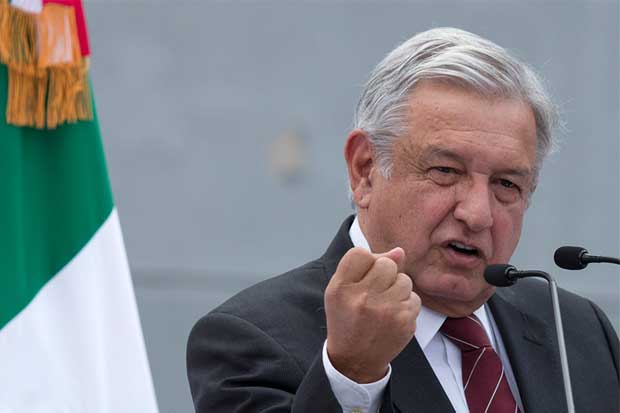Andres Manuel Lopez Obrador: less radical than originally feared?
Tuesday, July 3, 2018

Andres Manuel Lopez Obrador seems likely to be the first Mexican president since Ernesto Zedillo in 1994 to control not only the executive branch of government but also Congress.
What he will do with extensive power remains unclear.
Renationalizing the hydrocarbon sector would be difficult, despite Lopez’s campaign pledges to do so.
The issue is less one of nationalism than of practicality, since the state oil company, Pemex, lacks funds and expertise to develop offshore projects, which hold out the best promise of discovering new oil-gas resources.
The outgoing administration of President Enrique Peña Nieto broke what had been an 80-year old Pemex monopoly over hydrocarbon exploration and production, following years of declining output.
Government finances are in reasonable shape, with deficits over the past five years averaging around 3% of GDP, and total debt a little under 50% of the value of national production.
On the other hand, the figures are not so robust as to suggest that Lopez could embark on a radical plan to support marginal segments of the economy.
Business groups for their part expressed concern over a possible electoral victory by López, whose coalition Together We Will Make History, includes the socialist Workers’ Party.
But the reaction of financial markets was muted following the election, with the peso barely declining against the US dollar, in part because Lopez’s economic team is widely seen as centrist.
Meanwhile, Lopez’s victory indicates a deep dissatisfaction of Mexicans with traditional political parties, led by concerns over corruption and drug violence, which each year claims tens of thousands of victims.
The once all-powerful Institutional Revoltionary Party has been reduced to a fringe movement, reflecting the massive unpopularity of President Peña Nieto.
The centrist alliance led by Ricardo Anaya for its part did little better, mustering less than half of the votes of López Obrador, while an alliance of the conservative National Action Party and the moderate leftist Party of the Democratic Revolution appears to be a spent force.
Lopez’s coalition has a good chance to have an absolute majority of both houses of Congress, based on results announced to date.
But with a fragmented opposition, even a significant plurality – which Lopez is almost certain to get against a fragmented opposition – could resut in a powerful mandate.
Final results of voting for the Chamber of Deputies and the Senate may not be known until late July.
